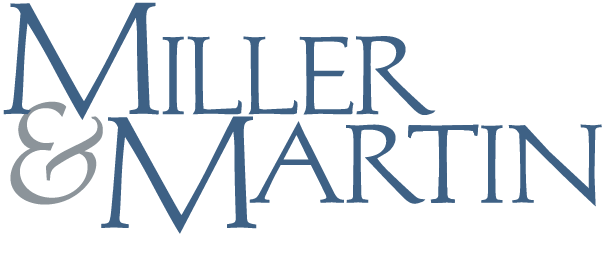Road Notes - Takeaways from Auto Intel Summit 2022
Miller & Martin PLLC Blog | May 20, 2022
Author: Jason McCarter
The Automotive Intelligence Summit – an annual conference highlighting trends in the auto industry and tech solutions for dealers, remarketers, lenders, and other vendors – was recently held in Raleigh, North Carolina. After attending and reviewing slide decks by industry specialists, here are a few key observations and takeaways filtered through an automotive lawyer’s brain:
- EVs, EVs, EVs. Lots of talk about electric vehicles, mostly as a sales opportunity but also in terms of inventory shortages and battery life and resale value uncertainty.
- Battery health reports – historical and/or diagnostic – may supplant or become the most important piece of vehicle history reports (VHRs) for EVs.
- Special legal issues are arising with EVs and the various federal and state incentives to subsidize the cost of ownership, production, and related charging infrastructure. See this EV Risk Profile article regarding some of the unique risk considerations for EVs and the Alternative Fuels Data Center for federal and state laws and incentives affecting EVs, related infrastructure, and other transportation-related topics.
- For some fascinating data about the worldwide progress and projections for zero emission vehicles and the related reduction in oil demand, see this more recent BloombergNEF report.
- Regulation F is here and has implications for third parties using tech to collect debts. See more at the CFPB’s Regulation F summary.
- The COVID pandemic has sped up the digital transformation of the industry, both retail and wholesale, including through virtual sales software, remote working, and automated account and loan servicing, but regulatory hurdles remain for completely online retail sales transactions, especially across state lines.
- Automotive M&A activity was at a record high for 2021. With market drops, inventory shortages, inflation concerns, and Russian sanctions, many are wondering if it will continue.
- Higher margins, digitization, scalability, and reputation will help certain auto enterprises achieve higher valuations than their competitors.
- Buyer and borrower fraud is a big deal and will likely continue to grow as the economy and financial markets start to cool. This includes “synthetic fraud.”
- Subprime credit is still a lucrative market, but the higher risk needs more and consistent monitoring, with various technological tools available to assist (e.g. vehicle location services, passive recovery, etc.), as well securitization and resale options to offload some of the risk.
- Private and closed marketplaces, pricing transparency, friendly shopping experiences, and other retail tools can improve dealership profitability if you know how to find and use those.
- Hybrid sales processes – started at home, finished in the dealership – coupled with a one-person sales model may be the future consumers want.
- There are more and more data streams about inventory, pricing, profitability, credit, transport, recovery, service leads, etc. that bring new opportunities for efficiencies and profits if the data can be standardized and used in programmatic fashion.
- However, this avalanche of data might also be relevant to commercial and consumer disputes over transactions, privacy, etc. So automotive businesses should be thoughtful users and stewards of the data they use and hold.
- Relevant data generally falls into three buckets – vehicle technical data (mostly public, less sensitive), transactional data from vehicles in use (often aggregate, moderately sensitive), and personal data tied to individuals (sometimes discretional, highly sensitive). Consider who owns each type of data and how consumer privacy can and must be protected under both federal and state rules.
- Despite weird times and temporary disjunctions, the law of supply and demand still exists and the market will adjust – and likely normalize – over the next 1-2 years.
- Change, relationships, and the need for efficiency are the only certainties.
If you’d like to discuss any of these automotive issues or need related legal advice, feel free to contact Miller & Martin attorney Jason McCarter, Chair of Automotive Practice.

